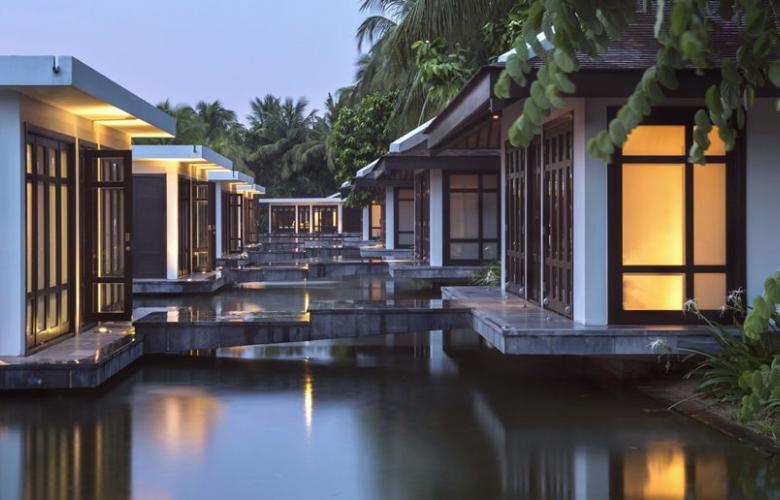Introduction to Vietnam real estate
Contact
Introduction to Vietnam real estate
Useful resources for foreign buyers interested in an introduction to the Vietnamese property market.
This article is intended as a preliminary guide only and refers to some but not all elements required to consider in detail prior to starting any property dealings or due diligence. Property dealings are often complex, especially in foreign countries and we highly recommend you seek independent professional advice... read more...
In the heart of South-East Asia, unforgettable scenery meets a unique cultural history in Vietnam. This union of natural and cultural can be seen in the country’s 8 listed UNESCO World Heritage Sites, from the majestic limestone seascape of Ha Long Bay to the Hoi An ancient town.
Beyond the mountainous national park forests and white sand beaches, Vietnam is at an ideal location along many of the world’s major trade routes. Though KPMG notes that over 60% of the country’s workforce is involved in agriculture, Vietnam’s population of over 91 million is highly educated and the economy is gradually shifting towards industry, manufacturing and services. English is widely spoken in the country’s major cities. Further, in recent years the Vietnamese Government has been introducing changes to laws and regulations regarding foreign investment, particularly in housing, providing opportunity for foreign buyers to invest in this growing economy.
Buying property in Vietnam
In Vietnam it is technically not possible for either Vietnamese or foreign nationals to individually own land, which is considered a common good. The closest equivalent of freehold interest is Land Use Rights, which are allocated or leased by the state. Foreign nationals can own residential property, though no more than 30 per cent of the apartments in a building, and the standard length of ownership allowed for foreigners is 50 years. Read more about buying and owning property in Vietnam here.
Renting property in Vietnam
Whether you prefer rooms, villas, apartments, houses, or even treehouses, a wide variety of rental options are available in Vietnam, both furnished and unfurnished. Although typical lease terms are 2 to 3 years, short-term options are plentiful. We’ve gathered the basics in our article here.
Obtaining finance in Vietnam
A number of challenges face foreign buyers when trying to secure finance in Vietnam. Historically, foreign buyers have sought loans from non-Vietnamese banks to buy property. The recent changes to the Housing Law mean that more options are becoming available for foreigners, particularly in regards to condominiums. Learn more about obtaining finance in this article.
Vietnam property taxes
While there are no taxes on owning property, taxes are levied on land use, and acquiring and transferring property. Land users pay an annual non-agriculture land use tax at a progressive rate of 0.03 per cent to 0.15 per cent of the land price. Stamp duty is 0.5 per cent of the value of a sale, while capital gains are subject to personal or corporate income tax rates. Read more about taxation in Vietnam here.
Vietnam real estate glossary
While English is widely spoken in Vietnam’s major cities, there may still be unfamiliar words or abbreviations used in the real estate market. Learn more about the various terms you will come across as you search for a property in Vietnam. Click here to read more.
Source: KPMG Investing in Vietnam 2016
Jones Lang Lasalle Vietnam Investment Guide 201
Similar to this
Introduction to Real Estate in The Philippines
Introduction to Singapore real estate
Introduction to Japan real estate
This article and the above linked articles are not complete and are intended as preliminary guides only. These guides refer to some elements to consider prior to starting any property dealings or due diligence. Property dealings are often complex areas, especially in foreign countries and we highly recommend you seek independent professional advice... read more...






